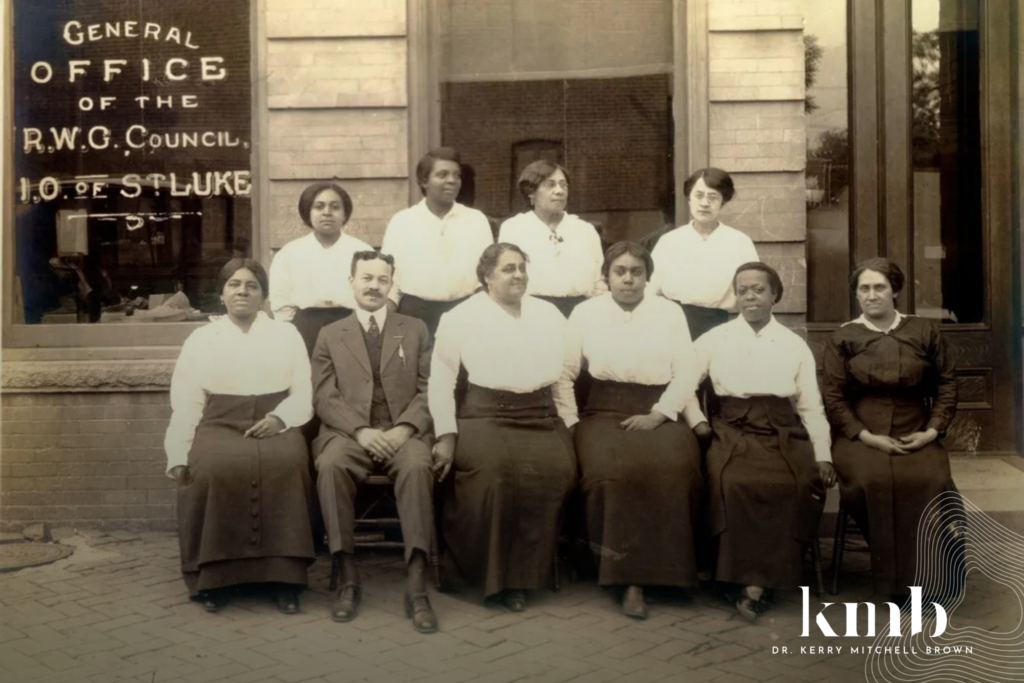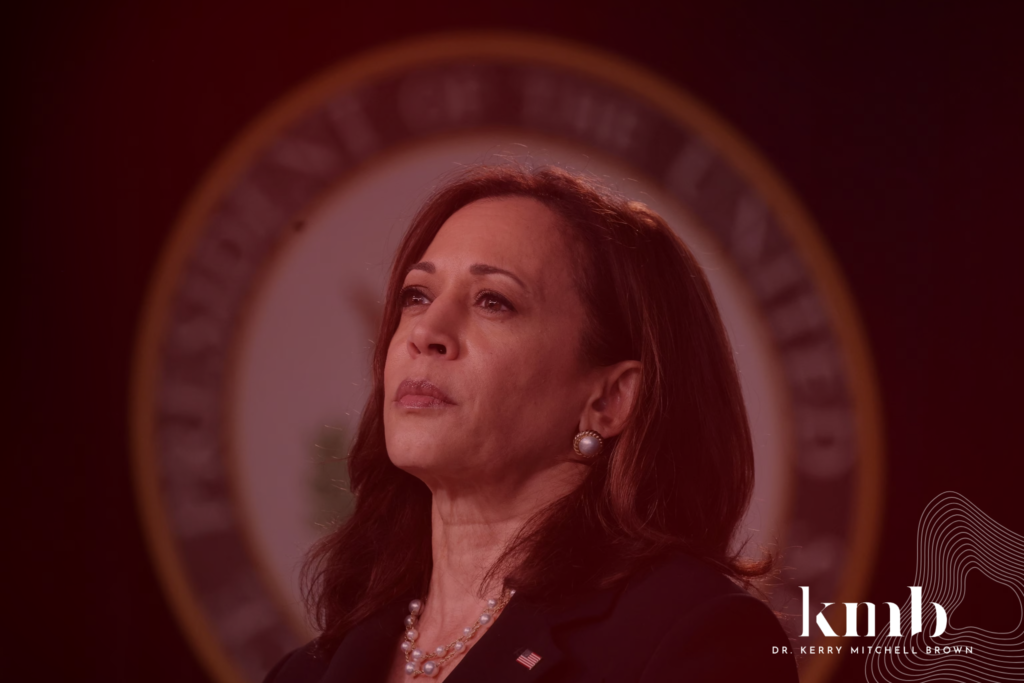Navigating the Glass Cliff: Leadership Lessons from Black Women Leaders
Explore how Black women leaders navigate the “glass cliff,” transforming high-risk leadership roles into platforms for meaningful change. Learn strategies from Kamala Harris, Stacey Abrams, and more.
Navigating the Glass Cliff: Leadership Lessons from Black Women Leaders Read More »





